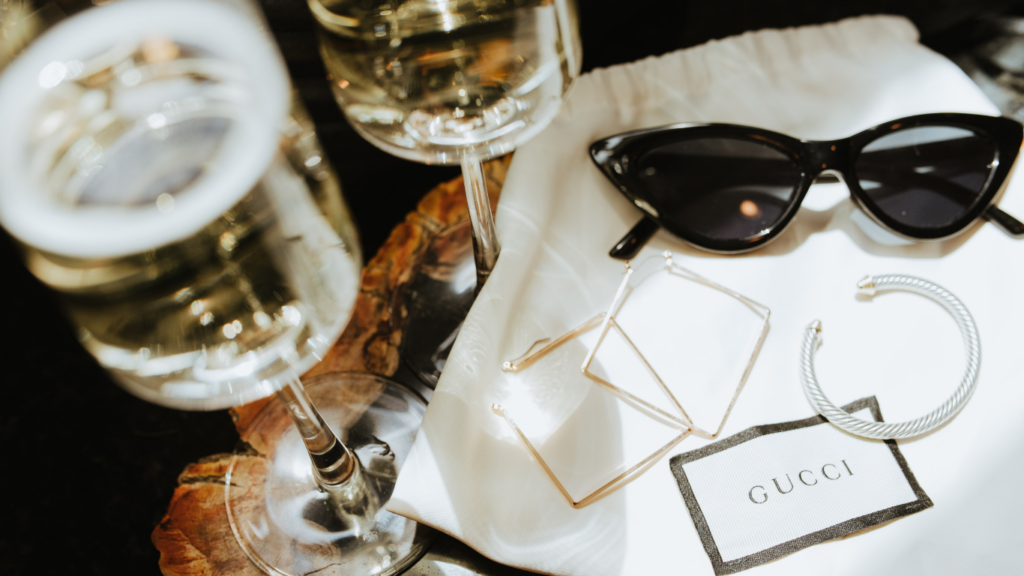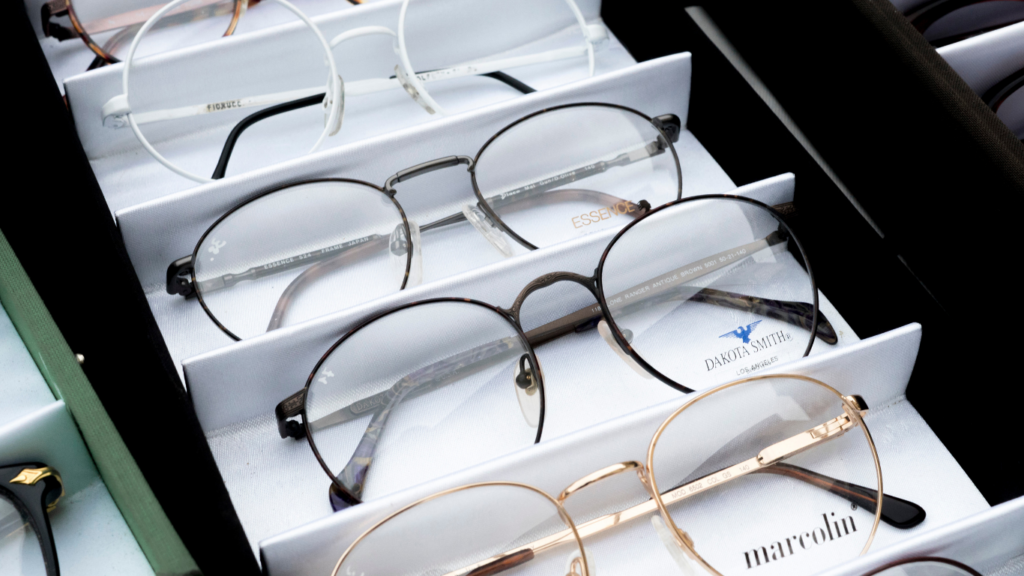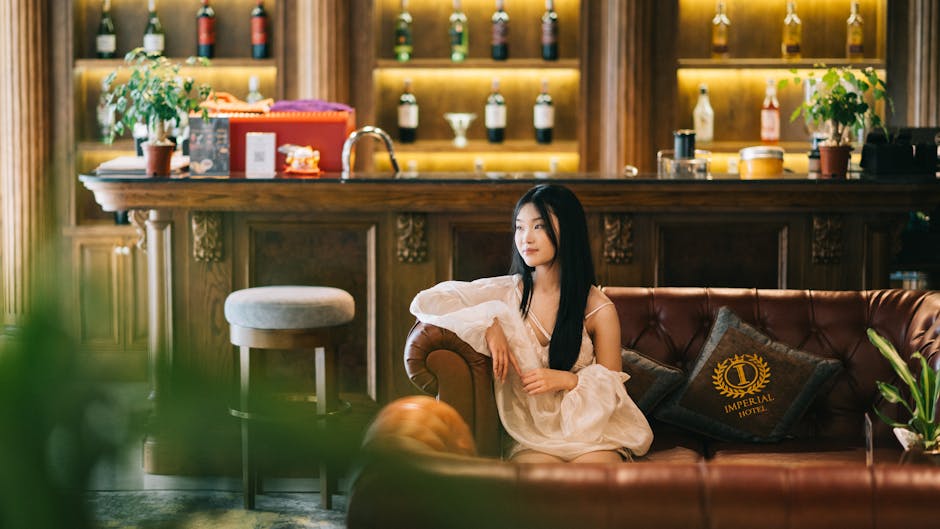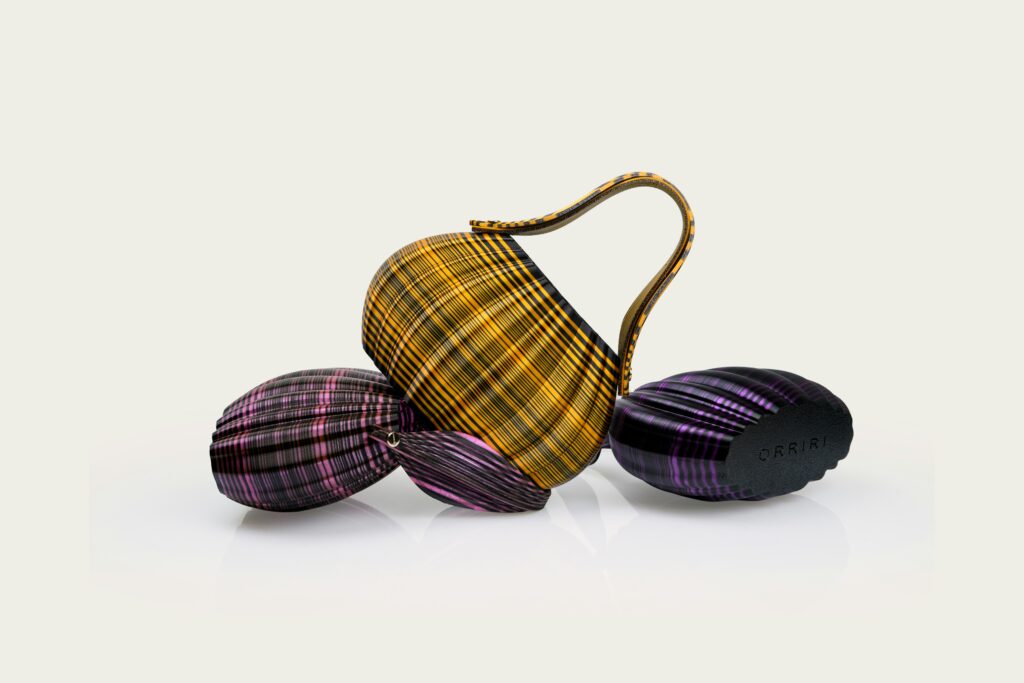In the ever-evolving landscape of fashion, sustainability has emerged as a pivotal focus for luxury brands looking to redefine their ethos. As a seasoned fashion enthusiast, I’ve witnessed a notable shift towards eco-conscious practices within the industry.
From sourcing ethically produced materials to implementing eco-friendly manufacturing processes, luxury fashion houses are making significant strides towards a more sustainable future. In this article, I’ll delve into how renowned luxury brands are integrating sustainability into their core values, reflecting a growing awareness of environmental responsibility.
As someone deeply passionate about the intersection of fashion and sustainability, I’m excited to explore the innovative strategies and initiatives that top-tier fashion labels are adopting to minimize their ecological footprint. Join me as we uncover the inspiring journey of how luxury fashion brands are embracing sustainability in style.
The Shift Towards Sustainability in Luxury Fashion
Exploring the landscape of luxury fashion, it’s evident that a significant transformation is underway as more brands prioritize sustainability in their practices. Luxury fashion houses, with their global influence and reach, are recognizing the importance of integrating eco-friendly approaches into their operations.
These esteemed brands are not just following trends; they are setting new standards for the industry by embracing sustainability at the core of their ethos. Innovative sustainability measures are becoming synonymous with luxury fashion, as top-tier labels strive to minimize their environmental impact while maintaining the allure and elegance that define their creations.
From utilizing organic fabrics to implementing energy-efficient production processes, luxury brands are redefining what it means to be environmentally conscious without compromising on quality or style. The shift towards sustainability in the realm of luxury fashion is not merely a passing phase but a fundamental reimagining of the industry’s future.
As a fashion enthusiast, I am inspired by the commitment of these renowned brands to adopt practices that promote a more sustainable and eco-conscious approach to design and production. Join me in exploring the exciting journey of how luxury fashion brands are leading the way towards a more sustainable and responsible future, without compromising on sophistication and glamour.
Sustainable Materials and Practices in Luxury Fashion
Luxury fashion brands are increasingly incorporating sustainable materials and practices into their production processes. This shift towards eco-consciousness is evident in the industry’s embrace of organic and recycled materials, as well as the implementation of ethical labor practices.
Use of Organic and Recycled Materials
I have observed a significant rise in the utilization of organic and recycled materials by luxury fashion brands. Organic cotton, for instance, is being preferred for its reduced environmental impact compared to conventional cotton.
Moreover, recycled polyester derived from post-consumer plastic bottles is gaining popularity as a sustainable alternative for creating high-end garments. By integrating these eco-friendly materials into their collections, luxury brands are demonstrating a commitment to reducing waste and promoting environmental stewardship.
Ethical Labor Practices
In my experience, luxury fashion brands are also emphasizing ethical labor practices throughout their supply chains. This entails ensuring fair wages, safe working conditions, and respect for workers’ rights at every stage of production.
Collaborating with manufacturers and artisans who uphold these standards not only cultivates a positive work environment but also aligns with the brands’ commitment to social responsibility. By prioritizing ethical labor practices, luxury fashion houses are championing human rights and setting an industry standard for fair and equitable working conditions.
Collaboration and Partnerships for Sustainability
Building partnerships and fostering collaborations play a crucial role in advancing sustainability initiatives within the luxury fashion industry. I’ll delve into how luxury brands are teaming up with various entities to drive meaningful change towards a more eco-conscious and socially responsible future.
- Fashion Brands and NGOs: Luxury fashion labels are increasingly partnering with Non-Governmental Organizations (NGOs) to amplify their sustainability efforts. Collaborations with environmental and social impact organizations enable brands to leverage expertise and resources in implementing sustainable practices across their operations.
- Supplier Relationships: By forging strong relationships with suppliers, luxury fashion brands can ensure transparency and ethical sourcing practices. Working closely with suppliers helps in monitoring and improving environmental and social standards throughout the supply chain, ultimately leading to a more sustainable production process.
- Industry Alliances: Luxury fashion houses are joining forces with industry alliances and initiatives focused on sustainability. By participating in these collective efforts, brands can exchange best practices, set industry-wide standards, and collaborate on innovative solutions to common sustainability challenges.
- Technology Partnerships: Embracing cutting-edge technologies is key to enhancing sustainability in luxury fashion. Collaborating with tech companies specializing in sustainable innovations allows brands to explore new materials, production techniques, and waste reduction methods, leading to more environmentally friendly products.
- Educational Institutions: Partnering with educational institutions and research centers can provide luxury fashion brands with access to the latest sustainability research and developments. These collaborations foster continuous learning and innovation, empowering brands to stay at the forefront of sustainable practices.
- Consumer Engagement: Luxury brands are forming partnerships with consumers to promote sustainable behavior and raise awareness about environmental and social issues. Collaborative efforts such as sustainable fashion campaigns and initiatives encourage conscious consumer choices and support the demand for ethically produced products.
Through strategic collaborations and partnerships, luxury fashion brands are driving positive change towards a more sustainable future, setting new standards for environmental stewardship and social responsibility in the industry.
Challenges Faced by Luxury Fashion Brands in Embracing Sustainability
Exploring sustainability in the luxury fashion realm reveals several challenges that brands encounter on their eco-conscious journey. Adapting traditional practices to align with sustainable principles presents hurdles that necessitate innovative solutions.
- Supply Chain Complexity: Luxury brands face the intricate task of auditing and optimizing their vast and complex supply chains. Ensuring transparency and sustainability across every stage, from sourcing raw materials to manufacturing and distribution, demands significant effort and resources.
- Maintaining Brand Identity: Balancing the integration of sustainable practices while upholding the exclusivity and allure of luxury requires careful navigation. Luxury fashion brands must find ways to communicate their sustainability efforts without diluting their brand image or perceived value.
- Cost Considerations: Transitioning towards sustainable materials and production processes often comes with higher costs. Luxury fashion brands must evaluate the financial implications of sustainable practices and find ways to make eco-friendly choices economically viable without compromising quality.
- Consumer Education and Perception: Educating consumers about the importance of sustainability and shifting their perceptions towards valuing conscious fashion consumption presents a considerable challenge. Luxury brands need to communicate their sustainability initiatives effectively to resonate with their audience and drive meaningful change.
- Legislation and Regulation: Adhering to ever-evolving environmental regulations and industry standards poses a challenge for luxury fashion brands embracing sustainability. Staying compliant with laws while pushing boundaries in eco-friendly innovations requires careful attention and strategic planning.
Navigating these challenges requires a holistic approach, strategic partnerships, and a commitment to driving sustainable practices within the luxury fashion industry. Despite the obstacles, brands that successfully overcome these challenges can lead the way towards a more sustainable and ethical future in fashion.





